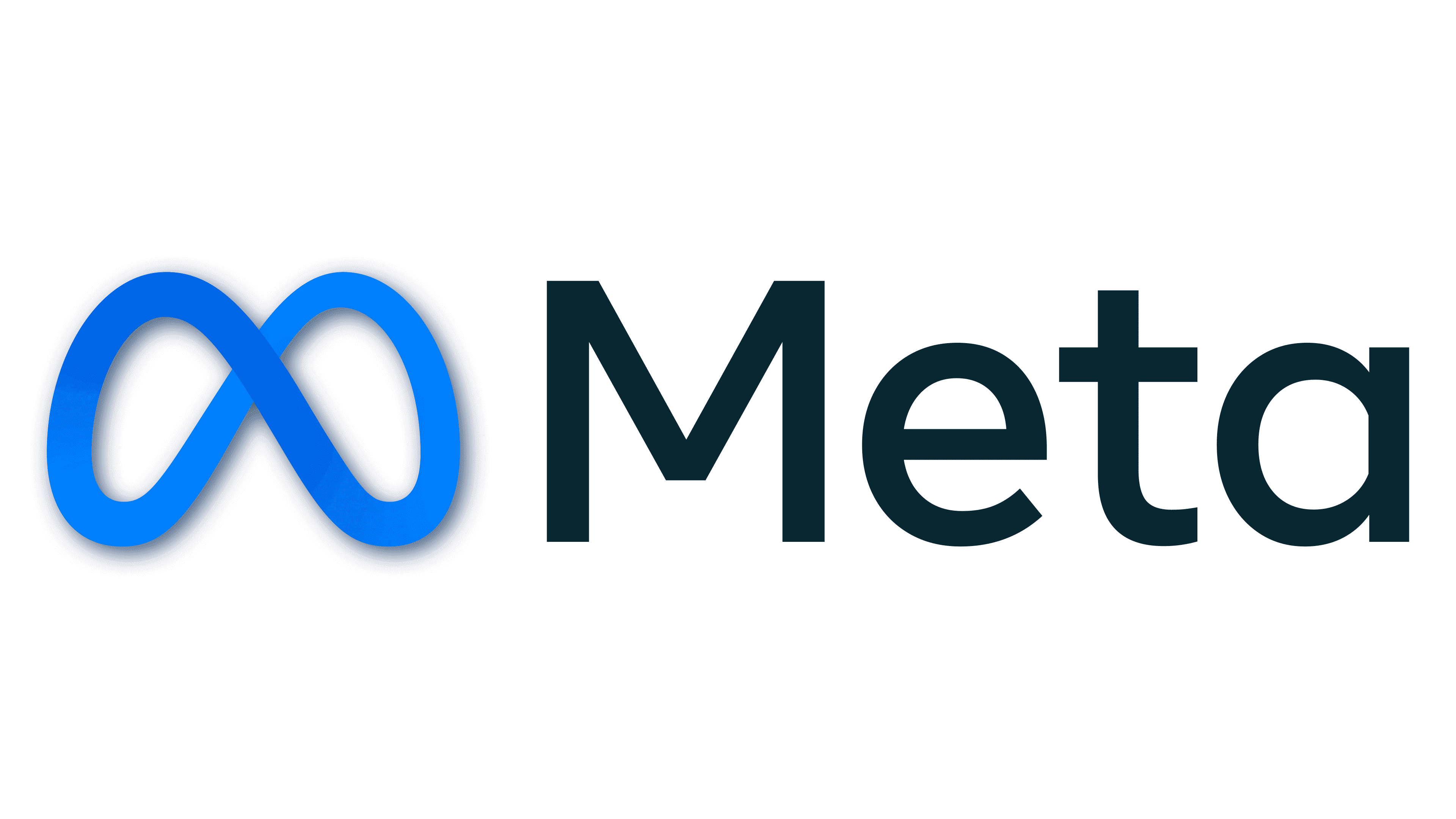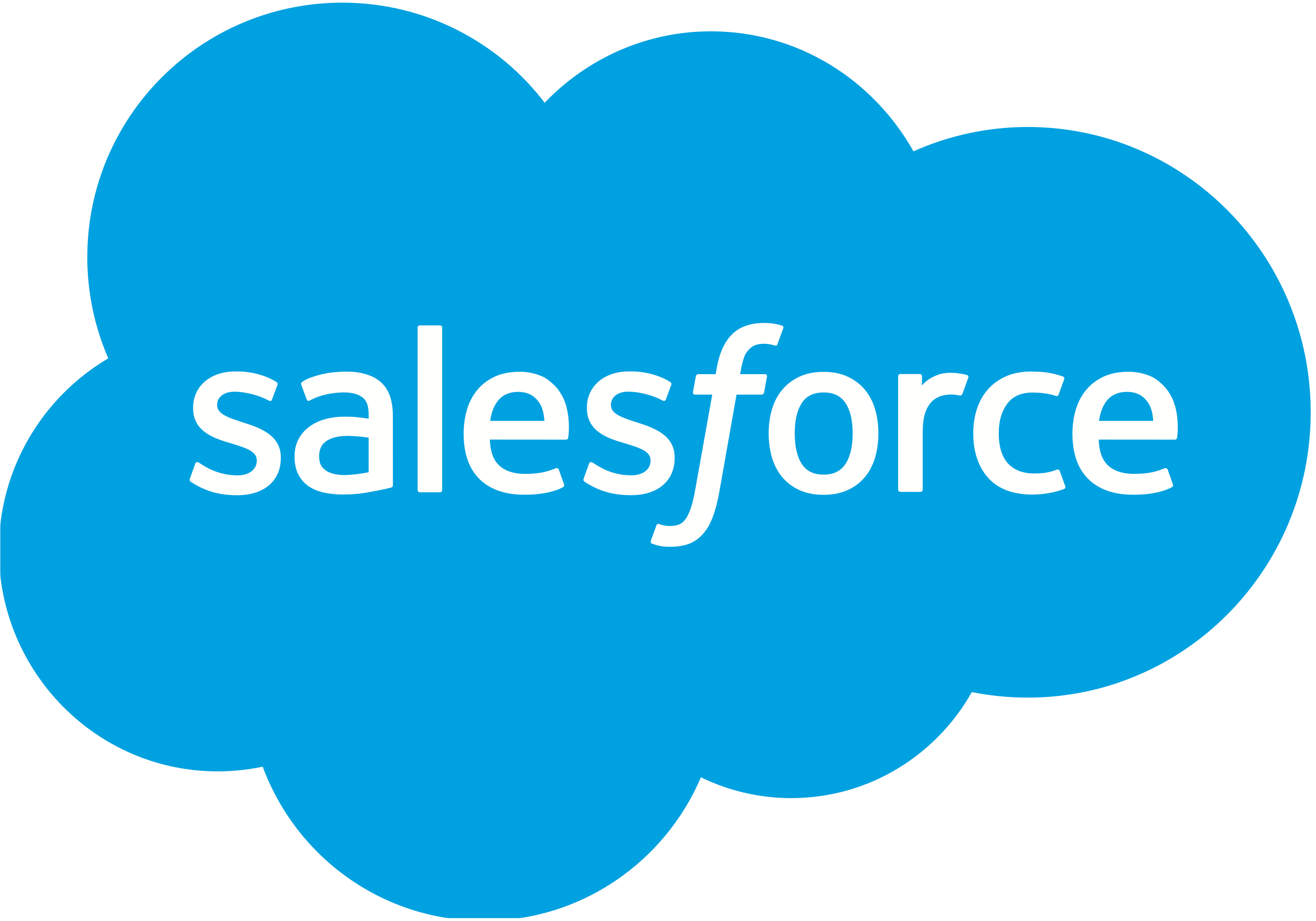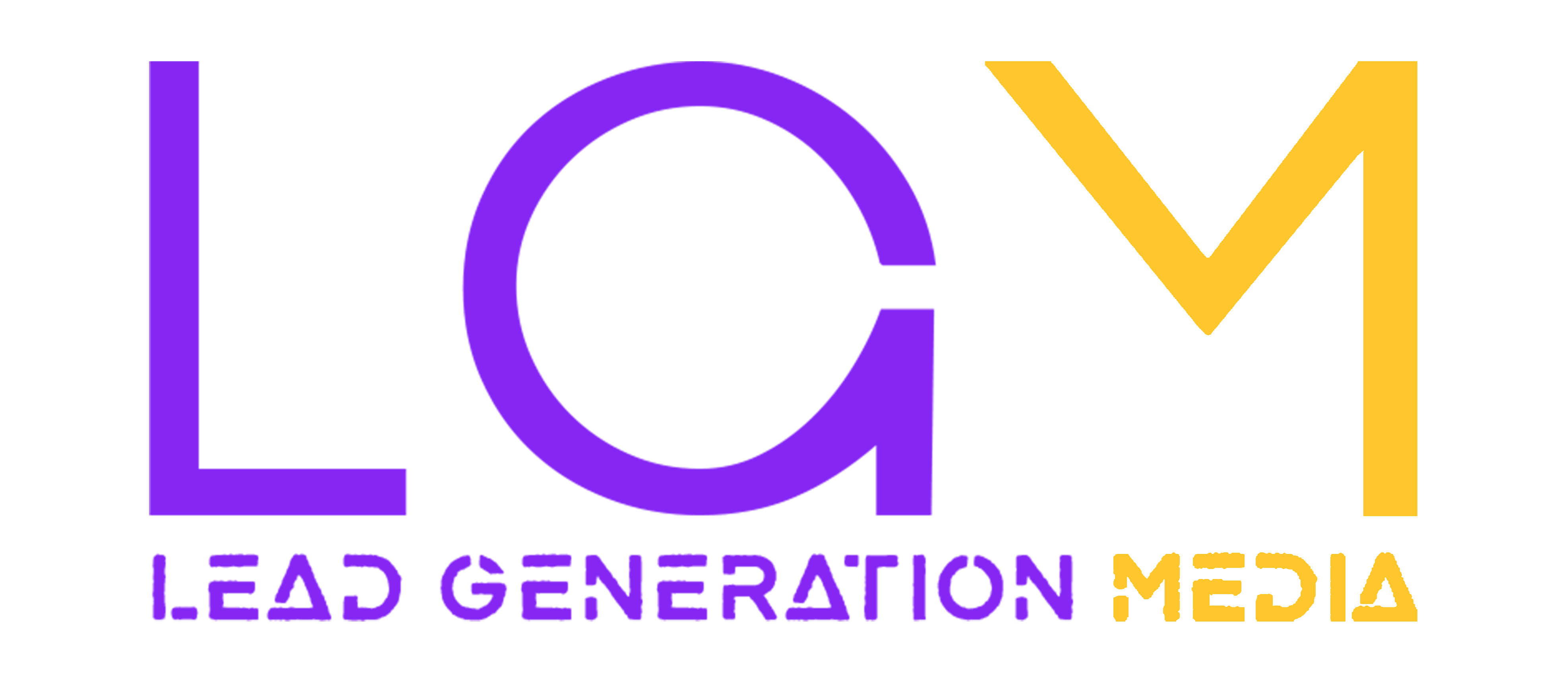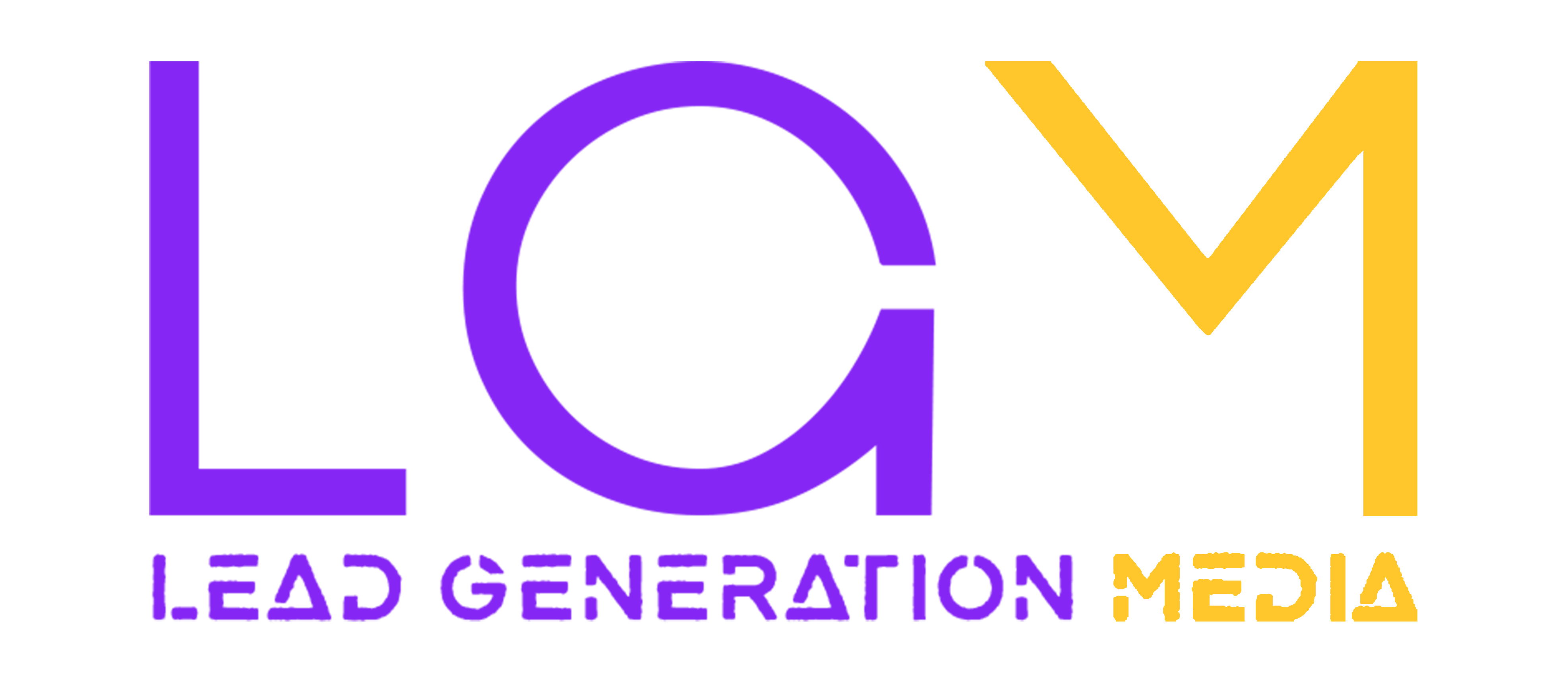
Our Goal
We are not just a Lead Generation Company, Our End Goal Is To Grow Your Organization And Help You Achieve Your Business Goals. Your Success Is Our Success
Features section:
Respect the time of your team
We provide our clients with qualified leads in a matter of hours and boost the efficiency of their marketing teams.
Tired of cold calling?
Stop wasting time on prospects who never get back to you. Get your daily quota of potential customers in minutes and hit your sales targets in no time.
Know what you're getting into
We give you all the details upfront, from pricing to lead qualification process, so there are no surprises. Put us to the test today!

Agencies That Trust Us

Partner With







Contact Details

info@leadgeneration.media
325 Front Street West, 2nd floor,
Toronto, Ontario M5V 2Y1
325 Front Street West, Toronto M5V2Y1 Ontario
Quick Links
Copyright Lead Generation Media by Arjays Group Inc. 2025 -- All Rights Reserved.





